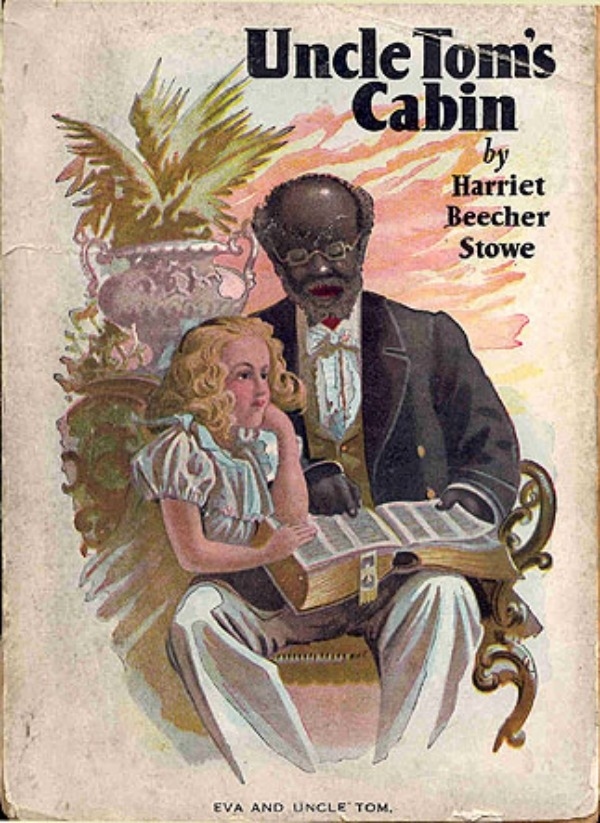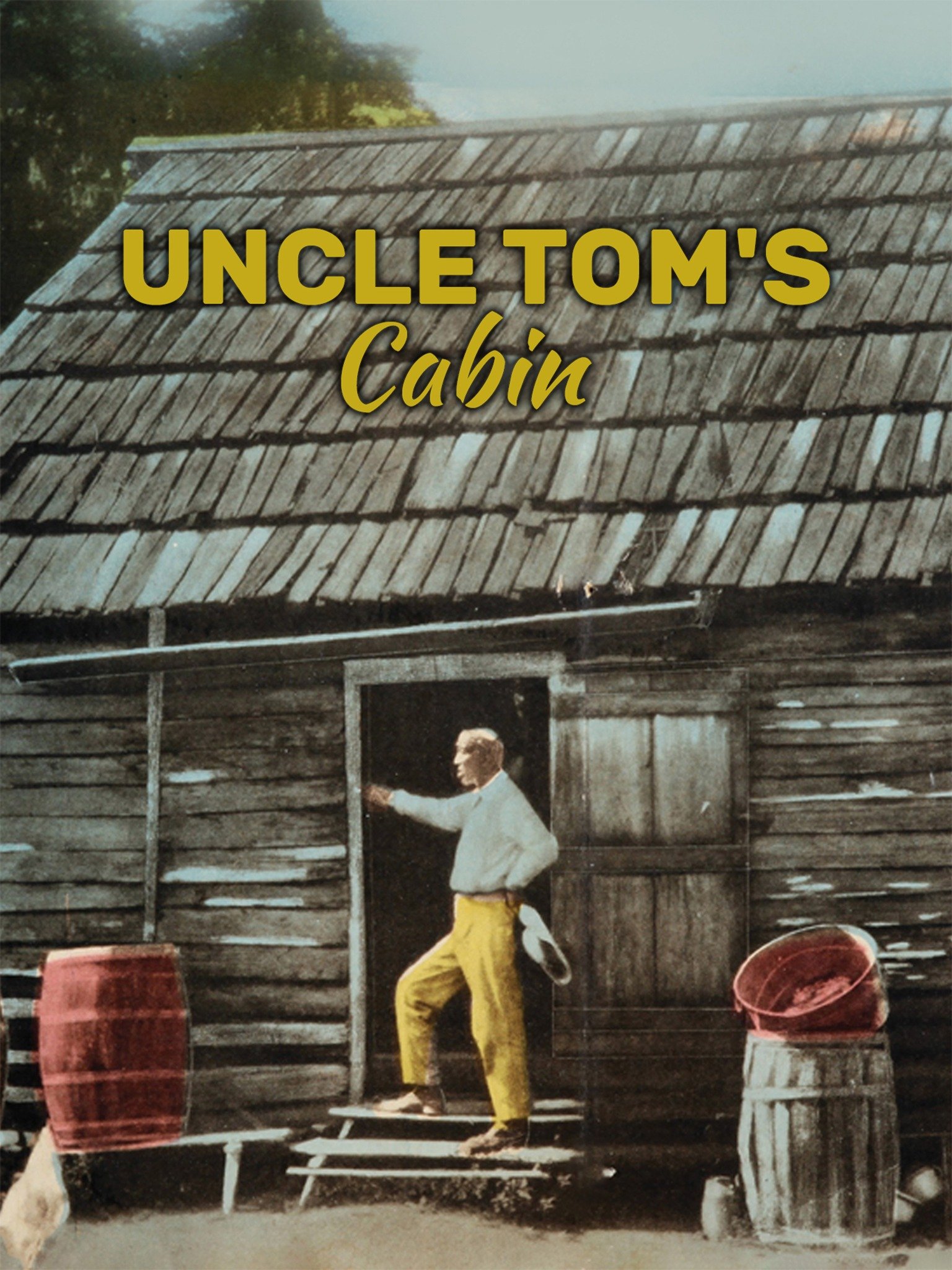Key Takeaways
– Historical Context: “Uncle Tom’s Cabin” was published in 1852 amidst the intense debate over slavery in the United States.
– Author: Harriet Beecher Stowe wrote the novel to expose the harsh realities of slavery.
– Impact: The book played a significant role in shaping public opinion and fueling the abolitionist movement.
– Themes: It explores themes of morality, religion, and the struggle for freedom.
– Cultural Legacy: The novel remains a critical work for understanding American history and literature.
Introduction
In the annals of American literature, few books have wielded as much influence as “Uncle Tom’s Cabin.” Authored by Harriet Beecher Stowe and published in 1852, this novel transcends the realm of fiction to become a catalyst for social change. Its vivid portrayal of the brutal realities of slavery and its moral appeal to readers’ consciences played a pivotal role in shaping public opinion in the years leading up to the American Civil War. This article delves into the historical context, thematic depth, and enduring legacy of “Uncle Tom’s Cabin.”

Historical Context
The Era of Slavery
“Uncle Tom’s Cabin” was written during a time when the United States was deeply divided over the issue of slavery. The 1850s were marked by intense conflict between abolitionist forces in the North and pro-slavery advocates in the South. The Fugitive Slave Act of 1850, which mandated the return of escaped slaves to their owners, further inflamed tensions. In this volatile environment, Stowe’s novel emerged as a powerful voice against the institution of slavery.
Harriet Beecher Stowe: The Author’s Mission
Harriet Beecher Stowe was an ardent abolitionist who used her literary talents to fight against the injustices of slavery. She was inspired to write “Uncle Tom’s Cabin” after meeting former slaves and hearing their harrowing stories. Her goal was to humanize the enslaved and reveal the moral and ethical bankruptcy of slavery to a wide audience.

Themes and Characters
Morality and Religion

At its core, “Uncle Tom’s Cabin” is a moral tale that challenges readers to question the ethics of slavery. Stowe weaves religious themes throughout the narrative, using Christian values to highlight the inherent evil of slavery. The character of Uncle Tom, a devout Christian, embodies the virtues of faith, patience, and forgiveness, serving as a moral compass for the novel.
The Struggle for Freedom
The novel also explores the yearning for freedom among the enslaved. Characters like Eliza, who makes a daring escape across the icy Ohio River with her child, underscore the desperation and determination of those seeking liberation. Stowe’s portrayal of these struggles evokes empathy and underscores the inhumanity of denying freedom to any individual.
Family and Humanity
Stowe emphasizes the importance of family bonds and the shared humanity of all individuals, regardless of race. The separation of families through the slave trade is depicted as one of the most heart-wrenching aspects of slavery. By highlighting these personal tragedies, Stowe appeals to the reader’s sense of compassion and justice.
Impact on Society
Shaping Public Opinion
“Uncle Tom’s Cabin” had an unprecedented impact on American society. It sold over 300,000 copies in its first year and was widely read in both the United States and abroad. The novel’s vivid depiction of slavery’s cruelty galvanized the abolitionist movement and swayed many who were previously indifferent to the cause.

Political Repercussions
The book’s influence extended beyond literature, affecting the political landscape of the time. It intensified the national debate over slavery and contributed to the growing sectionalism that eventually led to the Civil War. Abraham Lincoln is famously quoted as saying to Stowe, “So you’re the little woman who wrote the book that made this great war.”
Cultural Legacy
Enduring Relevance
More than a century and a half after its publication, “Uncle Tom’s Cabin” remains a significant work in American literature and history. It continues to be studied for its literary merit and its role in shaping the nation’s conscience. The novel’s themes of justice, equality, and human dignity resonate with contemporary audiences, reminding us of the ongoing struggle for civil rights.
Criticisms and Controversies
Despite its impact, “Uncle Tom’s Cabin” has faced criticism over the years. Some argue that its portrayal of African American characters is stereotypical and patronizing. The term “Uncle Tom” has taken on a pejorative meaning, used to describe someone perceived as subservient or overly accommodating to authority. These criticisms highlight the complexities of the novel’s legacy and the evolving discourse on race and representation.
“Uncle Tom’s Cabin” stands as a testament to the power of literature to effect social change. Harriet Beecher Stowe’s compelling narrative and moral conviction helped to awaken the conscience of a nation and set the stage for the abolition of slavery. As readers continue to engage with this seminal work, its messages of empathy, justice, and human dignity remain as relevant as ever.
By examining the historical context, themes, and impact of “Uncle Tom’s Cabin,” we gain a deeper understanding of its significance in American history and its enduring legacy in the fight for human rights.